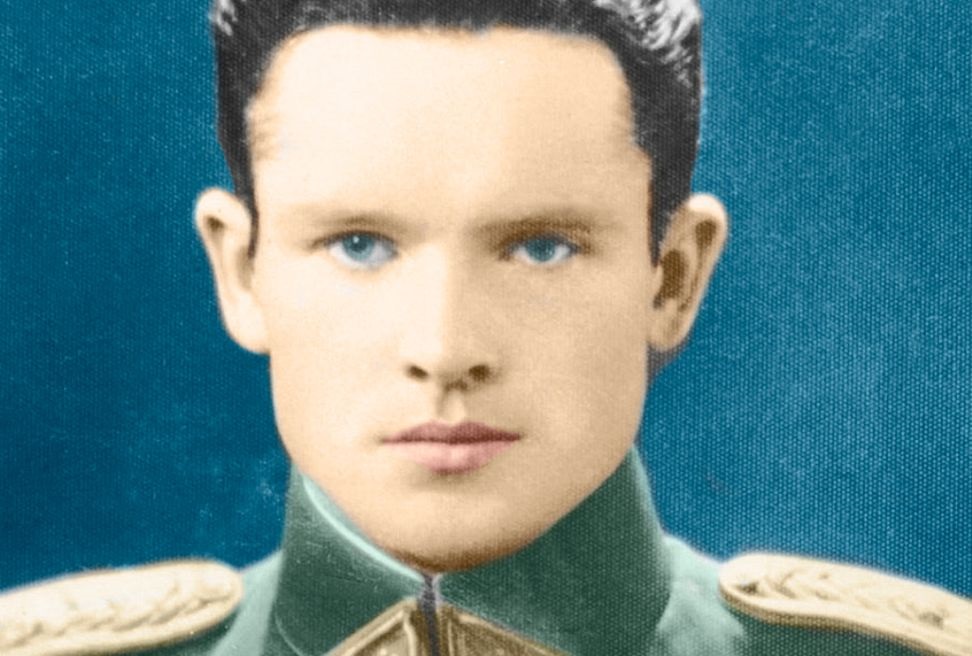
Jonas Noreika. Photo: personal collection of Silvia Foti
A deathbed promise led to me discovering his complicity in the Holocaust, and what it means beyond my family
by Silvia Foti, July 14, 2018
Eighteen years ago, my dying mother asked me to continue working on a book about her father, Jonas Noreika, a famous Lithuanian World War II hero who fought the Communists. Once an opera singer, my mother had passionately devoted herself to this mission and had even gotten a PhD in literature to improve her literary skills. As a journalist, I agreed. I had no idea I was embarking on a project that would lead to a personal crisis, Holocaust denial and an official cover-up by the Lithuanian government.
Growing up in Chicago’s Marquette Park neighborhood–the neighborhood that had the largest population of Lithuanians outside the homeland–I’d heard about how my grandfather died a martyr for the cause of Lithuania’s freedom at the hands of the KGB when he was just 37 years old. According to the family account, he led an uprising against the Communists and won our country back from them, only to have it snatched by the Germans. He became chairman of the northwestern part of the country during the German occupation. According to family lore, he had fought the Nazis and then been sent to a concentration camp in retaliation. He escaped that camp and returned to Vilnius to start a new rebellion against the Communists, had been caught, taken to the KGB prison and tortured. I’d heard how he was the lawyer who had led the defense for 11 rebels before the KGB tribunal, was found guilty and had been executed. His nom de guerre was General Storm. It all seemed so romantic to me.
That is the book I started to write. My mother had collected a trove of material that included 3,000 pages of KGB transcripts; 77 letters to my grandmother; a fairytale to my mother written from the Stutthof concentration camp; letters from family members about his childhood; and hundreds of newspaper and magazine articles. A few months into the project, I visited my dying grandmother, who lived a few blocks away. She asked me not to write the book about her husband. “Just let history lie,” she whispered. I was stunned. “But I promised mom,” I said. She rolled over to face the wall. I didn’t take her request seriously; I thought she was simply giving me a pass because she knew how taxing the project was for my mother.
Full text here.

